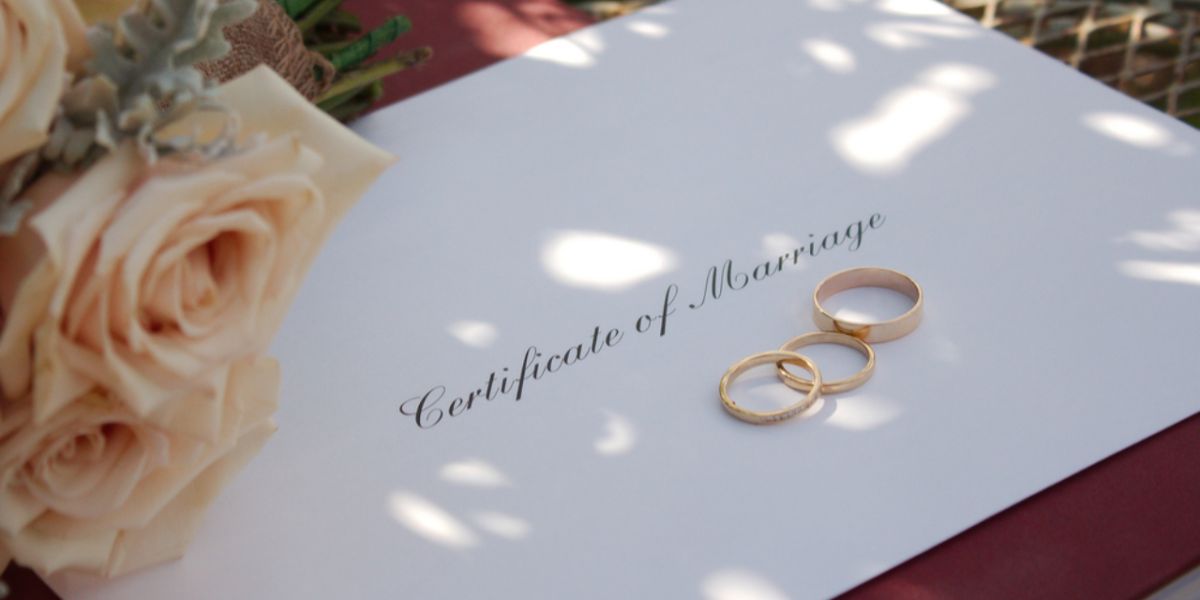
There are various options for wedding ceremonies in Tanzania, from locally traditional weddings to more Western-style ceremonies in churches. Before you book a wedding venue in the country, take some time to learn about the culture and values surrounding marriage in Tanzania, and ensure you adhere to the guidelines before proceeding.

Marriage Customs
Marriage customs differ throughout Tanzania depending on ethnic group. The practice of 'clan exogamy' - which is marriage outside of the clan/group - is widely practised. Traditionally in the past marriages have been pre-arranged by the bride's and groom's parents. However, arranged marriages are becoming less and less common in the country, especially in urban areas.
The bridegroom will often still present dowry (bride price) to the family of his wife-to-be, and this is typically comprised of livestock, money, clothing, local beer, and other items. The specifics are negotiated between the two families.
Wedding Ceremonies
Most traditional Tanzanian weddings take place on a Sunday, and almost always during the preferred time of year which is Shawaal. This is the tenth month of the lunar Islamic calendar. Wedding preparations may take months and can happen in a variety of forms, such as a dowry ceremony, a traditional ceremony, or a formal church wedding.
One of the Muslim wedding traditions is that the Tanzanian bride is not actually allowed to attend the wedding celebration! She remains at home, never having properly met her husband aside from seeing him through her veils, whilst the relatives celebrate the wedding in a festive manner, dancing the night away. After the ceremony, the new husband will arrive home to find his new wife waiting patiently on a bed of petals and flowers, where they will properly lay eyes on each other for the first time.
Child Marriage
Tanzania has one of the highest child marriage rates globally - almost two out of every five girls are married before their 18th birthday. The Law of Marriage Act (1971) allows for boys to marry from age 18, and girls to marry from age 14 if they have parental consent. However, child marriage is particularly high in rural areas, and children here get wed as young as 11 years of age.
Homosexual Marriage
It is strictly illegal to have a same-sex marriage in Tanzania. Sex acts between men are in fact prohibited by law and carry a maximum penalty of life imprisonment. There is no such ban on such relations between women. Same-sex couples are also not allowed to adopt children, have access to IVF (women) or surrogates (men), nor are gay men allowed to donate blood.
Getting Married in Zanzibar
The legal requirements for getting married in Tanzania differ depending on whether you are getting married on the mainland or in Zanzibar. If getting married in the latter, it is best advised that you, or the resort where your wedding will take place, get in touch with the Government of Zanzibar to discuss.
Details:
Regional Commissioner's Office
P.O.Box 265
Town Council
Vuga, Zanzibar
Tel: 255 24 230246/7
Useful links:
US Embassy: Getting married in Tanzania
Documents and requirements for foreigners getting married in Tanzania
Child marriage information and statistics
We do our best to provide accurate and up to date information. However, if you have noticed any inaccuracies in this article, please let us know in the comments section below.








